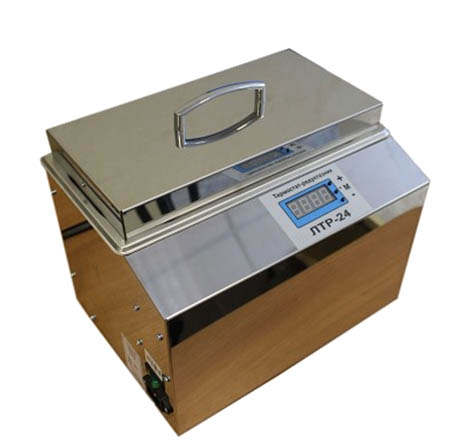What are the categories of eggs and how to choose them

Edible chicken eggs in accordance with GOST 31654-2012 “Eggs for food. Specifications” depending on their mass are divided into five categories: the highest, selective, first, second and third. The weight of one egg of the highest category is from 75 g and above; selective category from 65 g to 74.9 g; 1 category - from 55-64.9; 2 categories - from 45 to 54.9 g; 3 categories - from 35 to 44.9 g.
Eggs are also divided into "dietary" and "table".
"Dietary" eggs are stored at temperatures from 0 ° C to 20 ° C, such eggs immediately after collection go to the counter and are sold only within 7 days. These eggs are marked with a red letter (D).
"Table" eggs, depending on the conditions, have a different shelf life, so at a temperature of 0 ° C to 20 ° C and a relative humidity of 85% - 88% is no more than 25 days, at a temperature of minus 2 ° C to 0 ° C and relative humidity of 85% to 88% eggs are stored for no more than 90 days. These eggs are marked with a blue letter (C). The expiration date according to GOST 31654-2012 is set by the manufacturer, indicating the storage conditions.
For each packaging unit of a shipping container, a label is applied to its two end walls with a marking that characterizes the product: name and location of the manufacturer (legal address); manufacturer's trademark (if any), product name, type, category; sorting date; expiration date and storage conditions; designation of this standard; conformity information.
Eggs and egg products intended for processing and sale in order to determine their suitability for use for food purposes in accordance with the Order of the Ministry of Agriculture of the Russian Federation No. 794 of November 24, 2021 “On approval of the Veterinary Rules for the appointment and conduct of veterinary and sanitary examination of eggs of agricultural birds and egg products, intended for processing and sale”, are subject to veterinary and sanitary examination. When buying eggs, you need to pay attention to their appearance, they should be even, smooth, have the correct shape and uniform color, in addition, there should be no damage, blood marks, feathers and bird droppings on the shell. Upon receipt on the counter, a batch of eggs must have veterinary and accompanying documents, this proves the safety and quality of the products supplied for sale.
Read together with it:
- "Happy to work and earn." How African boys toil on a farm in the Lida region.Without a doubt , these six young men, who have been working at the Lida District Agricultural Unitary Enterprise (LDAU) "Mozheikovo" since the end of last year, will remember this winter for the rest of their lives. For them , it has been a time of true discoveries, dreams come true, and challenges overcome. Just recently, they were basking in the sun in the hot African country of Ethiopia, where...
- Global poultry production continues to grow: forecast for 2026However, the market may face risks associated with bird flu and geopolitical conflicts. Bird flu has already negatively impacted production in northwestern Europe, Spain, and the United States , and trade disputes are also affecting exports . Fertilized egg prices have reached historic highs and could rise if the epidemic continues. Poultry meat trade will grow by 1.5-2%, but will be weaker than o...
- В 2025 году в Подмосковье производство яиц выросло на 3,7% до 207 миллионов штукПо итогам 2025 года производство яиц в Московской области достигло 207 миллионов штук, что на 7,3 миллиона или 3,7% больше, чем в 2024 году. В региональном производстве учитываются все виды яиц – инкубационные, куриные, перепелиные и цесариные. В Министерстве сельского хозяйства и продовольствия Московской области сообщили, что в отрасли птицеводства в регионе работают 13 сельскохозяйственных пред...
- New video on our channel: 9,000 quails in Tajikistan - quail farming as a business. Japanese egg and Texas meatHello everyone from Tajikistan! In this video, we visited Abdumajit Odinaev's private farm. It's a quail farm that currently houses 9,000 quail. Abdumajit has been breeding quail since 2008. The farm keeps two breeds of quail : Japanese and Texas white broiler quail. The cages are five-tiered , measuring 8......
- Viktor Nauryzov is building a food empire.The poultry farm ceased operations in December 2021 after an outbreak of bird flu forced the culling of all its birds. The owner, Alexander Yaroshenko's Ural-Don Holding, decided not to resume production and put the facility up for sale. Four years is a long time to complete the implementation of a relatively modern enterprise, where 9......



























































